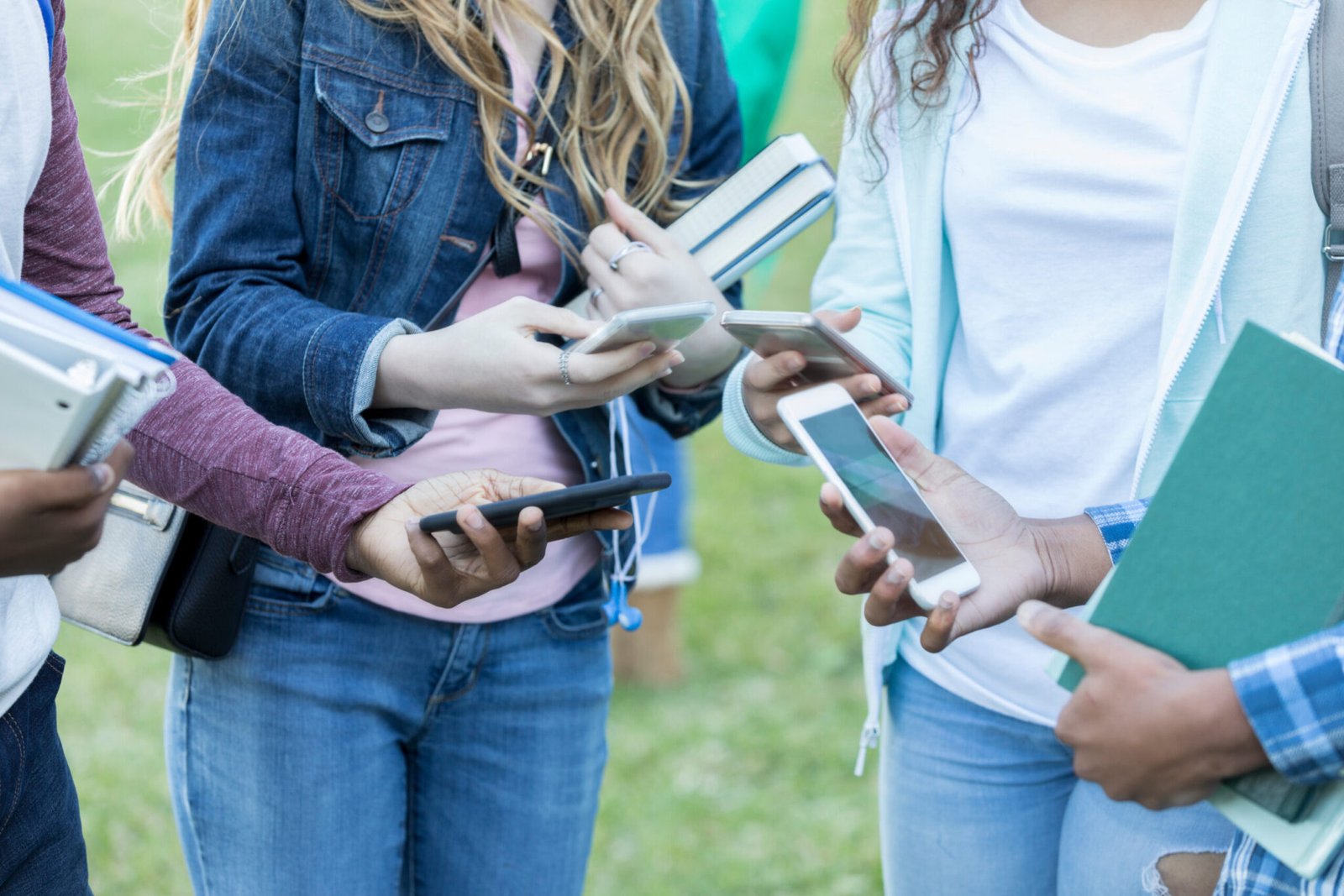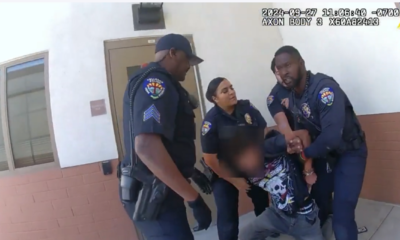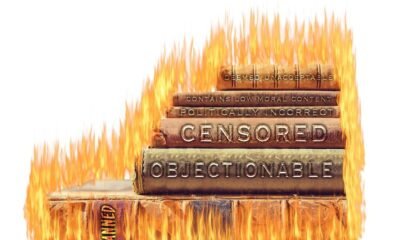azleg
U.S. Education Department Urges States and Schools to Rein in Cellphone Use Policies

The Arizona Legislature recently passed legislation aimed at limiting personal phone usage during school hours. However, Governor Katie Hobbs vetoed the bill, deeming it an unnecessary mandate. In her veto letter, she emphasized the importance of allowing individual school districts to make decisions regarding phone policies, rather than enforcing a uniform law across the state. This contrasts with Arizona Superintendent of Public Instruction Tom Horne’s stance, as he expressed intentions to advocate for a statewide ban on cellphones in schools when the Legislature reconvenes in January.
Several Arizona school districts have already taken measures into their own hands. The Apache Junction Unified School District instituted a policy over the summer that requires students to keep their phones off and out of sight during school hours. Meanwhile, Scottsdale Unified School District has banned phones for grades K-8, and Gilbert Public Schools is currently considering a similar ban for classroom use.
In a broader context, the U.S. Department of Education recently urged states, schools, and districts to establish their own policies concerning cellphone usage in educational settings. While the department encourages thoughtful policies, it falls short of mandating specific guidelines. U.S. Education Secretary Miguel Cardona emphasized that each school community has unique needs that should shape their cellphone use policies.
Secretary Cardona remarked, “In this digital age, every elementary, middle, and high school should have a clear, consistent, and research-informed policy to guide the use of phones and personal devices in school.” He reiterated the necessity for local voices, such as educators and parents, to influence these decisions.
The Department of Education acknowledged the dual role of cellphones, particularly their importance in maintaining communication between parents and children during emergencies. However, it also highlighted growing concerns about the negative effects of social media on youth mental health, such as sleep deprivation and depression.
As awareness of these issues increases, a number of states and school districts across the country are implementing measures to restrict cellphone usage in classrooms. Currently, at least eight states, including California, Florida, Indiana, Louisiana, Ohio, South Carolina, and Virginia, have enacted laws that either limit or prohibit such use. Minnesota has mandated that schools adopt a cellphone policy by March 2025.
Furthermore, several other states are contemplating similar legislative initiatives or have begun pilot programs to address the issue. The guidance released by the U.S. Department of Education aligns with these efforts, providing resources to assist local educational officials in developing comprehensive policies.
In light of these developments, U.S. Surgeon General Dr. Vivek Murthy recently issued a warning regarding the impact of social media on youth mental health, stating that while social media may offer some benefits, it also poses significant risks to the well-being of children and adolescents.
Last updated 12:47 p.m., Dec. 3, 2024


















